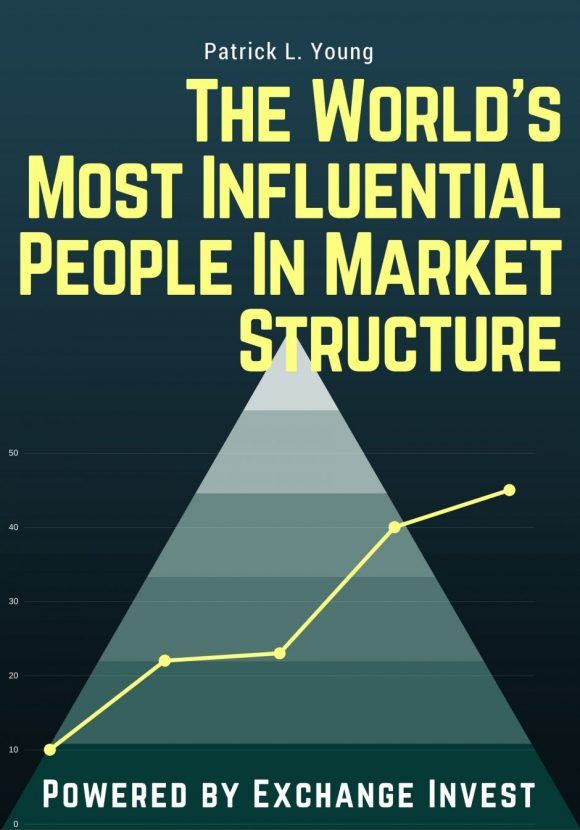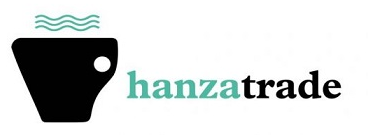Finance Book of the Week
In response to reader’s queries , we’re adding a book column to the weekend edition - We’ll be choosing some interesting books pertaining to exchanges and markets, investment et al going forward.

“The Price of Fish: A New Approach to Wicked Economics and Better Decisions” by Michael Mainelli & Ian Harris reveals the meaning of real commerce, the complex way in which people and organizations communicate with each other every day.
Michael Mainelli - currently Lord Mayor of the City of London was our IPO-VID 025: The Sustainable City & Beyond guest.
Suggestions welcome if you would like to nominate a book for us to cover!
Our next Book of the week will be unveiled Saturday in the EI Weekend Edition.
& don’t forget if you want all the news on the bourse business sent daily to your Inbox subscribe to Exchange Invest - via Exchange Invest.com - it’s only $349 per annum to join “The Exchange of Information.”
📢
Suggestions welcome if you would like to nominate a book for us to cover!








